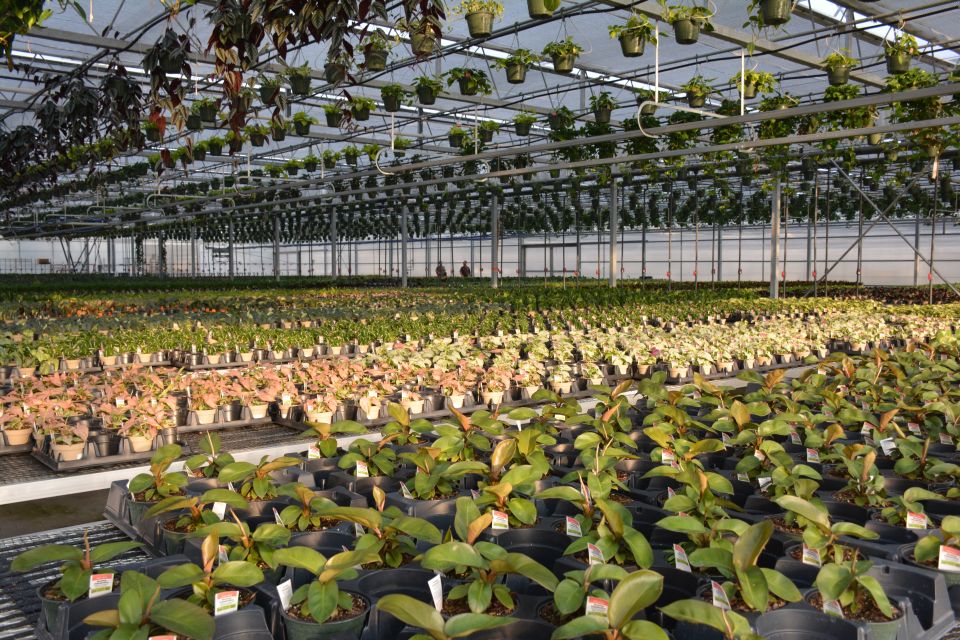What Using the Cloud Means for Your Greenhouse Business
The “cloud” is a term that can often be misused. A lack of understanding what cloud server means can impact your decision making when it comes to purchasing software and systems that bill themselves as cloud systems. Unscrupulous marketers can also use the opaqueness of words like cloud to mask aspects of an offering to unknowledgeable consumers.
In a recent post on the Advanced Grower Solutions blog page, I try to clear up some of the basic meaning and concepts around cloud servers. In general, there are two most basic classes of a cloud server. The first one is a server running all or a portion of web or database application you typically access through a browser or mobile app. In fact, some many browser or mobile-based apps communicate to many different cloud application or API servers depending on the architecture of the web or mobile application. Usually, these types of cloud servers are said to be providing some sort of service which could be as simple as responding to web site page requests (like the one you are reading now) with the HTML (web page) content for a page or they could provide an API service where they respond to specific data requests with actual data such as getting the specific quantity of a plant you have in inventory.
The second general type is a cloud server you actually login to as a dedicated remote desktop user using a remote desktop access program like VNC or RDP. In this case the access method will present you with a virtual desktop and your local mouse and keyboard will be used to control the remote server login instance. Additionally, these remote desktop servers can also provide methods to save files locally and access local printers if so configured. These types of server present a more typical desktop or laptop experience, just using a server that is not on your desktop or laptop but located somewhere else.
For a large portion of the business world, there are plethora of use cases for both general cloud server types. Certainly, the greater extent of new web and mobile applications will utilize cloud servers in the first category, that is remote services responding to data requests (API or Database) or web page requests or some hybrid. However, there are many valid use cases and many very important applications that will use the remote desktop cloud server and work just fine.
Beyond that basic level of a computer located somewhere else, there are additional aspects of cloud servers that would need to be considered and services that can be added around them to ensure accessibility and availability. To learn more about them, and how they affect your business, continue reading here.









